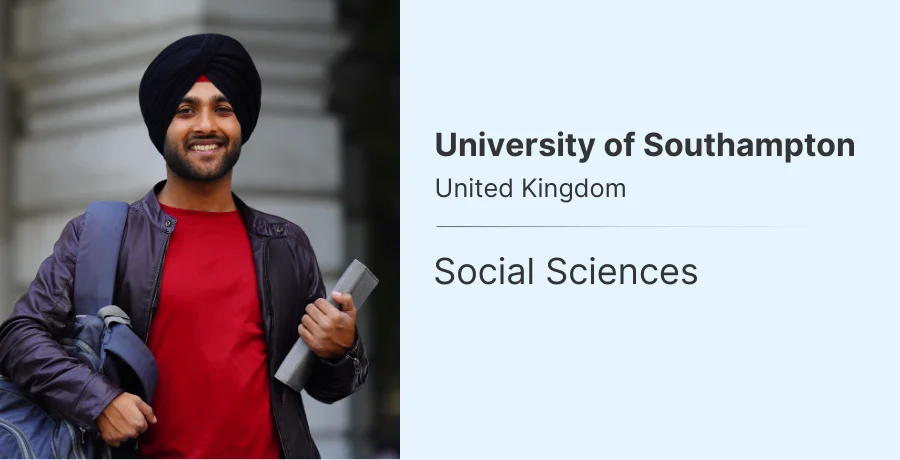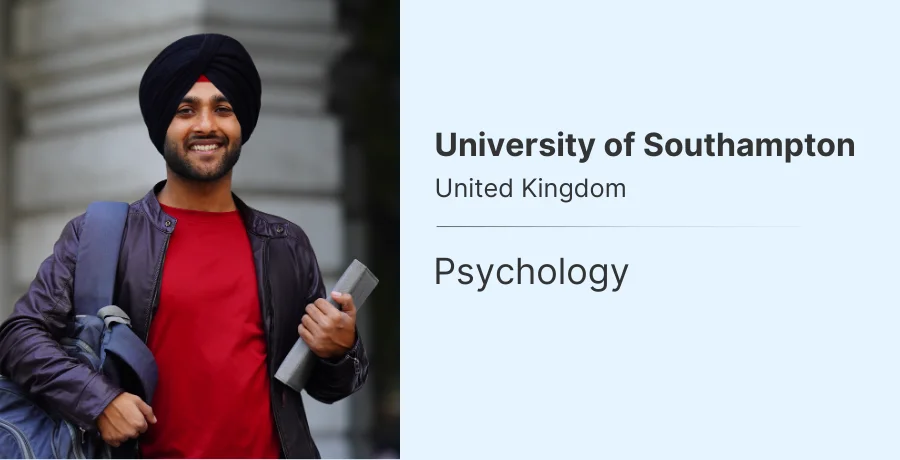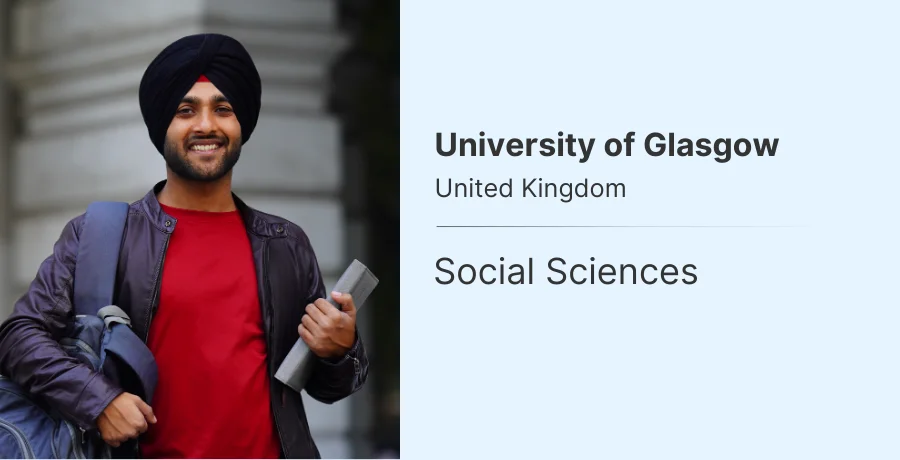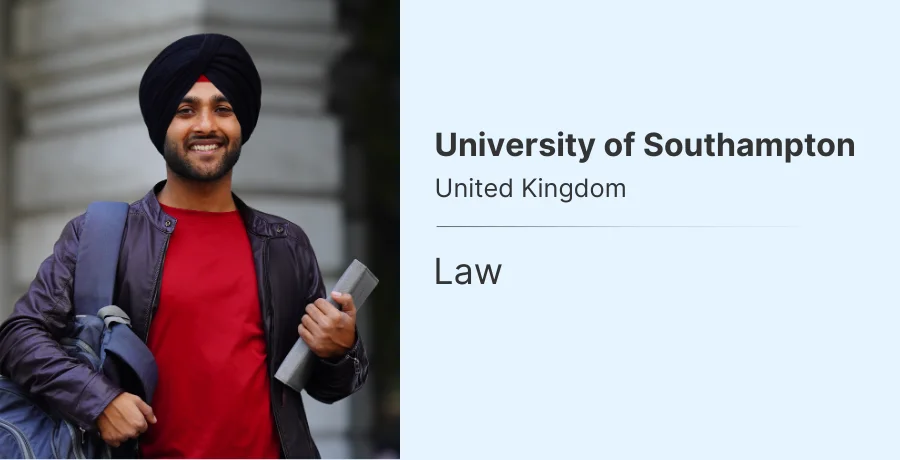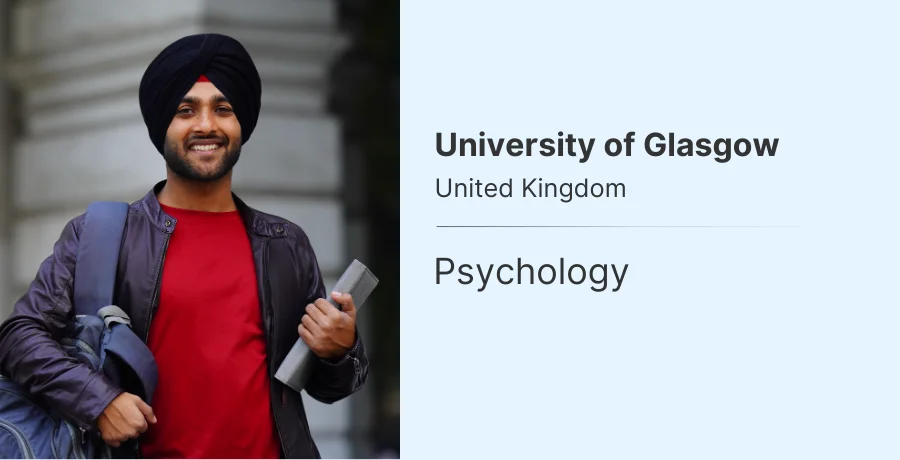Medicine is one of the most challenging yet rewarding professions. It requires dedication, resilience, and years of rigorous training. Choosing the right country for your Studying MBBS is critical to building a successful career. The United Kingdom (UK) is among the top destinations for medical education, offering a prestigious and globally recognized degree, extensive clinical training, and strong career prospects.
This blog will provide an in-depth analysis of why an MBBS in the UK is a worthwhile investment. We will explore its advantages, eligibility requirements, admission process, tuition fees, scholarships, cost of living, career prospects, challenges, and return on investment. By the end of this article, you will have a clear understanding of whether pursuing an MBBS in the UK aligns with your aspirations.
Why Should You Choose the UK for MBBS?
The UK is home to some of the most prestigious medical schools in the world. The National Health Service (NHS), one of the most advanced healthcare systems, provides UK medical students with hands-on clinical exposure from the early years of their studies. Below are compelling reasons to pursue an MBBS in the UK:
1. Globally Recognized Medical Education
- The UK has six medical schools ranked among the top 50 in the world (QS World Rankings 2024).
- Institutions like the University of Oxford, University of Cambridge, and Imperial College London are known for their high academic standards and cutting-edge medical research.
- UK medical degrees are recognized by global medical councils, including the General Medical Council (GMC), the World Health Organization (WHO), and the Medical Council of India (MCI).
2. Early Clinical Exposure and Practical Training
- UK medical students begin clinical rotations in the second year, unlike in other countries where clinical exposure is introduced later.
- Training is conducted in NHS-affiliated hospitals, ensuring students gain real-world experience in a professional healthcare environment.
- The curriculum is based on evidence-based medicine, integrating the latest research, technology, and treatment methods into training.
3. Shorter Duration Compared to Other Countries
- In the UK, an MBBS typically takes five to six years to complete, whereas in the US and India, it can take seven or more years, including internships.
- This allows students to enter the workforce earlier, gain experience, and start earning sooner.
4. High Employment Rate and Salary Prospects
- The UK has a shortage of doctors, making job opportunities for medical graduates abundant.
- The starting salary for junior doctors ranges from £29,384 to £34,012 per year.
- Specialist doctors in the UK can earn between £80,000 and £100,000 per year, depending on the field of specialization.
5. Multicultural Environment and International Networking
- The UK has a diverse student community, allowing medical students to work with peers and professionals from different cultural backgrounds.
- This exposure enhances their adaptability and interpersonal skills, which are essential in the medical profession.
Intakes for MBBS in the UK
Most universities offering MBBS in the UK have one primary intake in September each year. A few institutions may also offer a January intake, but this is rare for medicine. Since admissions are highly competitive, students should start preparing at least a year in advance, ensuring they meet eligibility criteria, take entrance exams like UCAT or BMAT, and apply through UCAS (Universities and Colleges Admissions Service) before the October 15 deadline. Early application increases the chances of securing a place in top medical schools.
MBBS in the UK: Course Structure and Admission Requirements
The MBBS program in the UK follows a structured pathway designed to equip students with theoretical knowledge, practical skills, and professional experience.
Course Structure
|
Stage |
Duration |
Description |
|
Pre-Clinical Stage |
2 years |
Focuses on medical sciences, anatomy, and physiology. |
|
Clinical Stage |
3 years |
Hands-on training in hospitals and exposure to various medical specialties. |
|
Intercalated Year (Optional) |
1 year |
Allows students to pursue an additional bachelor's or master's degree. |
|
Foundation Training |
2 years |
Mandatory training for medical graduates before specialization. |
Eligibility Criteria
|
Requirement |
Minimum Score/Requirement |
|
High School (10+2) Score |
Minimum 90% in Biology, Chemistry, and Physics |
|
A-levels (for UK students) |
AAA in Biology and Chemistry |
|
IB (International Baccalaureate) |
37-40 points |
|
Entrance Exams |
UCAT/BMAT required for most universities |
|
English Proficiency |
IELTS (7.0) or TOEFL (100) |
|
Personal Statement |
A strong statement explaining motivation, experience, and career goals |
|
Work Experience |
Some universities prefer applicants with experience in healthcare settings |
Entrance Exams
|
Exam |
Purpose |
|
UCAT (University Clinical Aptitude Test) |
Tests decision-making, problem-solving, and situational judgment skills. Required by most medical schools. |
|
BMAT (Biomedical Admissions Test) |
Assesses scientific knowledge, critical thinking, and essay-writing skills. Required for Oxford, Cambridge, Imperial, and UCL. |
|
IELTS/TOEFL |
Required for international students to demonstrate English proficiency. |
Cost of Studying MBBS in the UK
Tuition Fees for International Students
|
University |
Annual Tuition Fee (GBP) |
Annual Tuition Fee (INR) |
|
University of Oxford |
£36,800 |
₹36.5 Lakhs |
|
University of Cambridge |
£58,038 |
₹57.5 Lakhs |
|
Imperial College London |
£46,650 |
₹46.2 Lakhs |
|
University of Edinburgh |
£32,100 |
₹31.8 Lakhs |
|
King’s College London |
£42,840 |
₹42.5 Lakhs |
Cost of Living in the UK
|
Expense |
Monthly Cost (GBP) |
Monthly Cost (INR) |
|
Accommodation |
£500 - £900 |
₹50,000 - ₹90,000 |
|
Food |
£250 - £400 |
₹25,000 - ₹40,000 |
|
Transport |
£120 |
₹12,000 |
|
Miscellaneous |
£200 |
₹20,000 |
Total Estimated Cost for MBBS in the UK
For a 5-year MBBS program, the total cost is:
- Tuition Fees: £32,000 – £58,000 per year
- Living Expenses: £10,000 – £15,000 per year
- Total Cost for 5 Years: £2,10,000 – £3,65,000 (₹2.1 Crore – ₹3.6 Crore)
Scholarships for MBBS in the UK
|
Scholarship |
Amount Covered |
Eligibility |
|
Chevening Scholarship |
£18,000 |
Merit-based, for postgraduate medical students |
|
Commonwealth Scholarship |
Full tuition |
Citizens of Commonwealth countries |
|
Rhodes Scholarship |
£15,141 |
For academically outstanding students |
|
Imperial College Faculty of Medicine Scholarship |
£1,000 |
Imperial College MBBS students |
Career Prospects After MBBS in the UK
|
Medical Profession |
Average Annual Salary (INR) |
|
Junior Doctor (Foundation Year 1 & 2) |
₹29 - 34 lakh |
|
General Practitioner (GP) |
₹65 lakh - ₹90 lakh |
|
Consultant (Specialist Doctor) |
₹80 lakh - ₹1.2 crore |
|
Surgeon |
₹90 lakh - ₹1.5 crore |
|
Cardiologist |
₹1 crore - ₹2 crore |
|
Neurologist |
₹90 lakh - ₹1.5 crore |
|
Anesthetist |
₹1 crore - ₹1.4 crore |
|
Radiologist |
₹80 lakh - ₹1.2 crore |
|
Psychiatrist |
₹75 lakh - ₹1 crore |
Final Thoughts
Pursuing an MBBS in the UK is a life-changing decision that offers a world-class education, early clinical experience, and high salary potential. While the investment is high, the return on investment is substantial due to strong career prospects. If you are determined and prepared for the rigorous academic journey, the UK is one of the best places to pursue a medical degree.
FAQs:
1. What are the eligibility criteria for pursuing an MBBS in the UK?
To pursue an MBBS in the UK, candidates typically need a high school diploma with strong grades in science subjects, particularly Biology and Chemistry, and must pass entrance exams like UCAT or BMAT. International students are also required to demonstrate English proficiency through tests such as IELTS or TOEFL.
2. How long does it take to complete an MBBS degree in the UK?
An MBBS degree in the UK usually takes 5 to 6 years to complete, depending on the university and any additional intercalated degrees. This duration includes both pre-clinical and clinical training phases.
3. What is the cost of studying MBBS in the UK for international students?
The annual tuition fees for MBBS programs in the UK range from approximately ₹32 lakh to ₹80 lakh, varying by university. Additionally, students should budget for living expenses, which can amount to ₹10 lakh to ₹15 lakh per year.
4. Are there scholarships available for international students pursuing MBBS in the UK?
Yes, several scholarships are available for international students, such as the Chevening Scholarship, Commonwealth Scholarship, and university-specific awards. These scholarships can significantly reduce the financial burden of studying MBBS in the UK.
5. Can I practice medicine in India after completing my MBBS in the UK?
Yes, graduates with an MBBS from the UK can practice in India after passing the Foreign Medical Graduate Examination (FMGE) conducted by the National Medical Commission (NMC). This exam is mandatory for obtaining a medical license in India.
6. What are the career prospects after completing an MBBS in the UK?
After completing an MBBS in the UK, graduates can pursue various specialties with attractive salaries. For instance, General Practitioners earn between ₹65 lakh to ₹90 lakh annually, while specialists like Cardiologists can earn up to ₹2 crore per year.
7. Is it necessary to take an English proficiency test for MBBS admission in the UK?
Yes, international students must demonstrate English proficiency for MBBS admission in the UK. Accepted tests include IELTS, with a minimum score of 7.0, or TOEFL, with a minimum score of 100.







